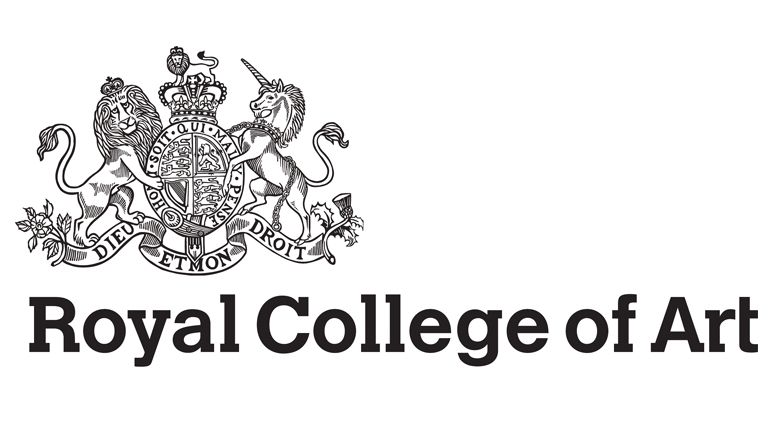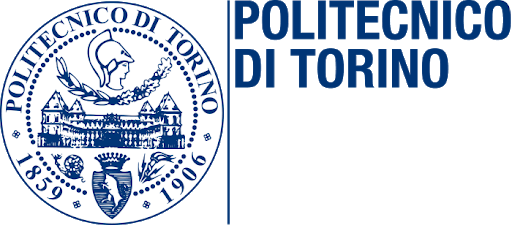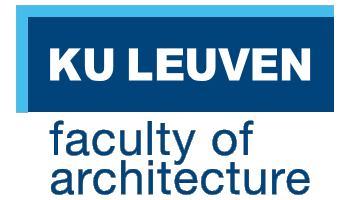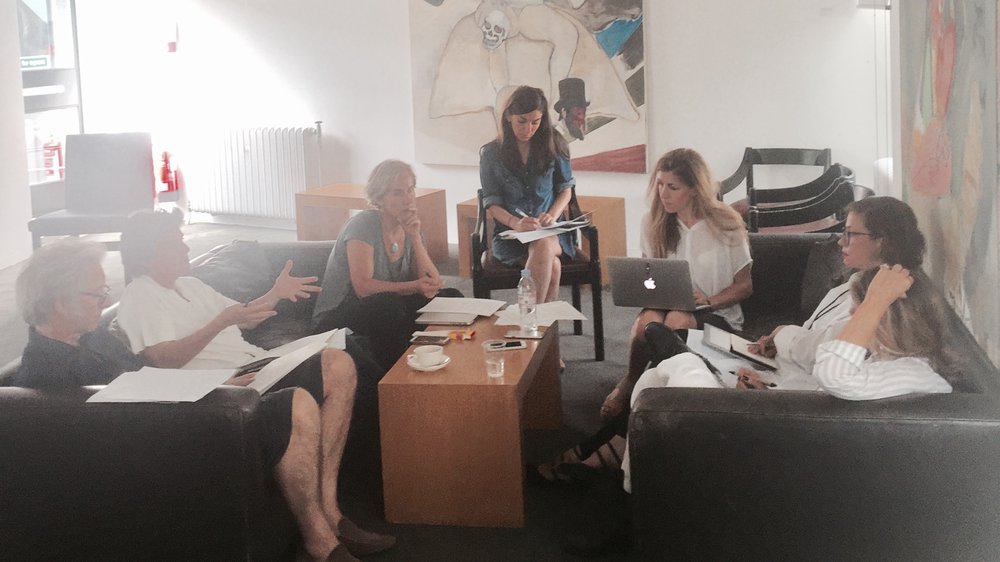The partnership was formed within the EAAE Education Academy when it became evident that the pedagogies and curricula in architectural education were being useful to other sectors. In order to know in which direction they should be improved, partners deeply implicated in pedagogical issues and strongly committed with professional perspectives of their graduates students has been selected. Competencies of the partners organisations are complementary as shown from the following descriptions:

The School of Architecture at the Royal College of Art (RCA) is among the world’s leading art and design universities, offering four professional MA programmes designed to train students to meet future needs in architecture and interior design. Known for its radical heritage and groundbreaking thinking, The RCA is the world’s leading postgraduate art and design university. Dr Harriet Harriss, (RIBA, FRSA) RCA, UK, with her expertise as a leading thinker and writer on the subject of pioneering new pedagogic models for design education as captured in her book, Radical Pedagogies: Architectural Education & the British Tradition (2015) will guide the skills vision.
The Royal College of Art (RCA) is the world’s only specialist, research-intensive postgraduate university of art and design and was top-ranked specialist UK HEI for Art and Design in RAE2014. In 2019 it was ranked the World’s top university for Art & Design (2019 QS World University Rankings) for the fifth consecutive year.
The Royal College of Art started life in 1837 as the Government School of Design, located in Somerset House in the Strand. Following the Great Exhibition of 1851, this relatively small-scale operation was radically transformed to accommodate art as well as design, leading the institution to be rechristened the National Art Training School at its new home in South Kensington. In 1896 it became the Royal College of Art.
In 1967 the College was granted a Royal Charter, endowing it with university status and the power to grant its own degrees. To this day, the RCA remains the world’s most influential wholly postgraduate university institution of art and design, offering MA, MPhil and PhD degrees in fine art, applied art, design, communication and humanities. It is the most concentrated community of young artists, designers and communicators to be found anywhere.
At present, the RCA offers 24 distinct pathways or programmes of study. By 2021, this will increase to 34 with the addition of such subjects as Landscape Architecture, Curating Performance, Robotics, and Design Gaming. Staff and students are drawn from over 65 countries and work in a practice- based research environment that brings with it close connections to industry and public engagement through high impact projects delivering excellence through world-leading design research and technological innovation that contributes to the global economy. 500 contracted staff and 950 visiting lecturers work across the school of architecture, arts and humanities, communication, and design. In the REF 2014, the RCA submitted a higher percentage of eligible staff than any other specialist art and design university. It achieved the highest level of research intensity of any submission.
The RCA’s vision is to be the world’s most influential art and design university, training a greater percentage of the world’s prominent artists and leading designers than any other HEI. It offers a transformative experience to students who go on to transform the world.
The School of Architecture at the RCA provides a critical platform for shaping distinctive forms of practice. The project-based pedagogy is supported by historical, theoretical, and technical seminars that introduce students to a wide range of design research methods and approaches. The specialisation of the School of Architecture includes: architecture, city design (urban design and planning), environmental architecture, and interior design. Staff in the School of Architecture consists of highly regarded academics and professional who bring their own innovative research and practice to teaching and design. This wide range of expertise and practices is made available to non- academic industry partners and clients through design and research consultancy offered by the Project Office.

The University of Antwerp is an internationally oriented research university. Educational policy of UAntwerp focuses on 4 domains: nexus education/research, competence-oriented education, student centred and active learning and internationalisation. The University has participated successfully in all European educational programmes, both as coordinator and partner (among them Socrates/Lifelong learning, Leonardo, Tempus, Asia-link, Alfa and Alban, Edulink, Erasmus Mundus Action 1, Erasmus Mundus Action 2, Jean Monnet, Tuning, EU/US Atlantis, Erasmus Mundus). Johan De Walsche, Faculty of Design Sciences, University of Antwerp will bring in his expertise on studio-based architectural education. Based on his own research related to the relationship between teaching, practice and knowledge production, he will provide theoretical framing of both the findings and recommendations. As the main coordinator of the EAAE Education Academy, he has organized many workshops, reviews and symposia, concerning the changing roles of the architect.

The Faculty of Architecture in University of Zagreb is the oldest institution of architectural education in Croatia combining instruction and research in the fields of architecture, urban planning and industrial design and visual communications. The Faculty offers undergraduate, graduate, advanced professional and doctoral study programs. Students are directed towards a realistic, problem-solving approach within a broader cultural and social framework, particularly drawing from border-conditions and transitional contexts. Nourishing a pluralistic and multidisciplinary approach, the program offers a balance of theoretical knowledge and practical skills relevant to multiple future directions, permanently encouraging students to develop their alertness, intellect and creativity. Dr Mia Roth- Čerina is an associate professor at the Faculty of Architecture in Zagreb, currently serving as vice-dean for international cooperation, and an architect. With her experience on workshops and professional practice she will transfer her experience organizing seminars and workshops.

The School of Architecture of the Politecnico di Torino. It is the chore the Department of Architecture and Design, that manages basic and applied research, teaching and training, technology transfer, and territorial services related to architectural and urban design including its sustainability, economics and financial aspects, as well as restoration, enhancement and management of architectural, urban and landscape heritage, and industrial, graphic and virtual design. Dr Michela Barosio, Politecnico di Torino, Italy with her experience as coordinator of the group for the Bachelor in Architecture reform at the PoliTo she will bring an international overview on architectural education programs.

Universitat Politècnica de València is a technical university founded in 1971, with 16 research centers, 2,500 faculty members, 30,000 students and 17 university research centers of excellence. It is placed within the top 5 Spanish universities with the highest revenue from both public research and largest knowledge transfer activities. It is the only Spanish technical university that features in the Academic Ranking of World Universities (ARWU), i.e. Shanghai Ranking. Dr Carla Sentieri, UPV, ES, will offer her experience about transversal skills competences that are demanded by the society after the revision of the programmes for the school in the Bologna adaptation and her participation in the Transversal Competences Programme in UPV.

KU Leuven Faculty of Architecture Sint-Lucas School is known as the largest school for Architecture in Belgium. Its uniqueness stems from the combination of a long and rich tradition with a high reputation in architectural and design education. A large number of the leading Belgian interior designers, interior architects, architects, urbanists, artists and researchers, are teaching at Sint-Lucas. It is an international, dynamic, learning environment that not only responds to society’s ever-changing demands but also anticipates possible future challenges. By means of design projects, research, exhibitions, publications, conferences, etc., the school actively participates in the academic debate on issues of spatial design. Dag Boutsen is the Dean of the Faculty of Architecture at KU Leuven in Belgium. He brings experience in managing large projects with diverse stakeholder teams and producing outcomes that are practical and accessible to different targets.
